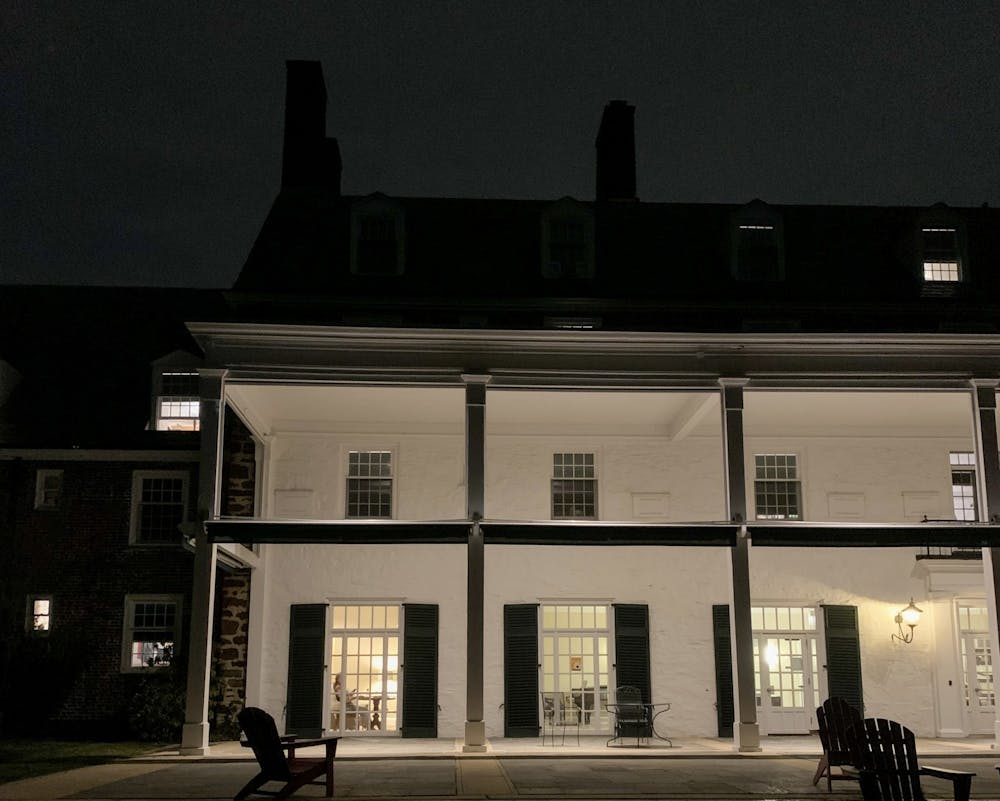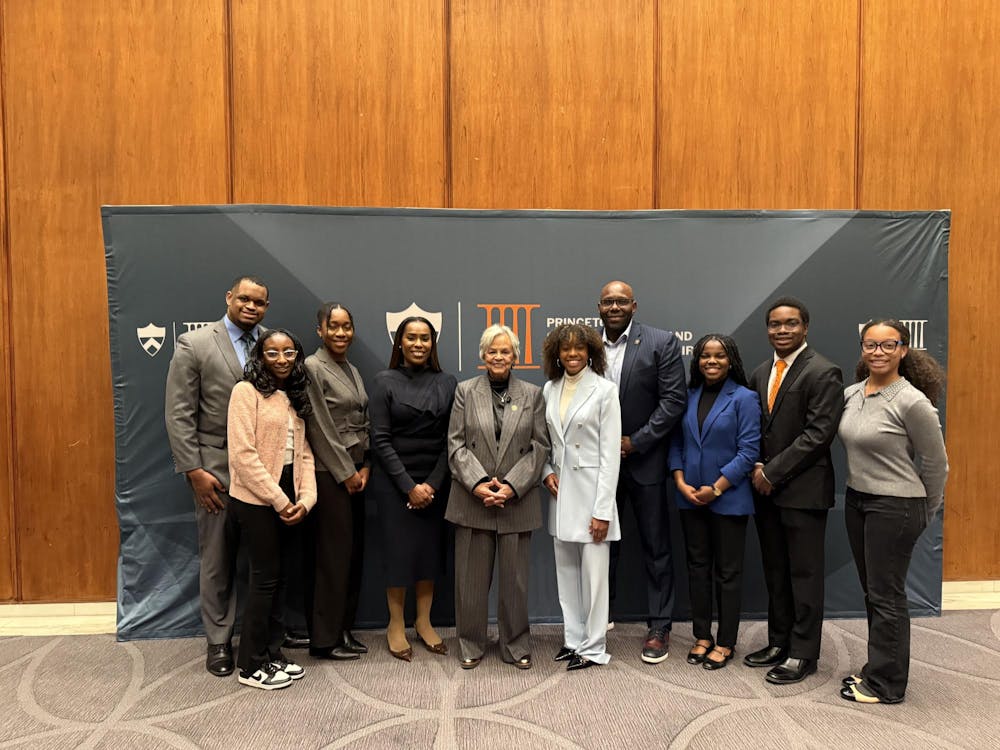Leaving the physics building at night, my neck hurts from hunching over a notebook for so long. Only a few stars in the sky peek out, the bright lights from the stadium fighting for my eyes’ attention.
I’m about halfway through my studies at Princeton, and I’m declaring Astrophysics as my major. I’ll spend the next two years studying quantum and cosmology, hoping to understand the workings of the universe, from cosmic expansion to star formation.
It feels whimsical, indulgent almost, to tell people I want to spend this era of my youth studying the stars. However, I think there is something fundamentally grounding about the field — it seems significantly removed from human-scale worries. At least, that’s what I’m hoping (I’m only a sophomore, so don’t count me as an expert).
Though I’m only a few semesters in, I already feel like I sometimes lose my footing when taking courses here. I’ve been lucky enough to take classes in a variety of fields, from computer science to religion, and many of them have been steeped in the theoretical, which has served wonderfully to expand my critical thinking. Yet, I’ve found that my mind often gets caught up in a net of equations and Greek words. Higher education serves to clarify my thoughts, but it also distorts my perspective, giving me a sense of vertigo and a disconnect from the reality of whatever I’m studying. There’s something strange about sitting in a lecture hall, learning how the slope of a line on the chalkboard implies the age of the universe when I’m not even sure what the phase of the moon was last night. My head swirling with the abstract, sometimes I feel the need to ground myself with reminders of what exactly I’m studying.
Cole Meyer ’24, another soon-to-be Astrophysics major, feels the same urge to step back sometimes, taking a break from the problem sets and readings. For him, it helps to reflect on the night sky. “Studying astrophysics, there’s a lot of math, a lot of physics,” he told me. “It’s so many equations. Stargazing helps me take a step back again.”
Meyer is the President of the Princeton Astronomy Club (PAC), a new extra-curricular designed to spread the joy of stargazing and foster a community of students interested in astrophysics. Right before spring break, they held their first stargazing party in Forbes backyard, featuring games, pizza, and, most importantly, a telescope lent by a graduate student. In addition to admiring the constellations hanging over the golf course, attendants could gaze through the telescope, searching for distant objects, unobservable with the naked eye.
This act of looking up at the night sky is what initially sparked Meyer’s academic trajectory. “The reason I chose to be an astrophysics major is not so I could solve second order differential equations, it’s because I like to look at the sky and think about what’s up there,” he said.
The birth of PAC has reminded me that I was drawn to astrophysics for the same reasons, though I forget them in the frenzy of exams and approaching due dates. I’ve spent a few semesters focused intensely on grades and worrying that I couldn’t keep up. Prompted to look up anew at the sky, I’m again excited to declare my major.

But even if your concentration doesn’t directly involve the night sky, stargazing every now and then is still a recentering experience. The act itself invites one to zoom out and contemplate a larger plane of existence than usual. Like standing at the edge of the ocean or the edge of a canyon, confronting the sheer vastness of space is good for the soul. And regardless of what you study, taking a moment to squint at the sky is a nice change from the blackboard or computer screen.
On April 8, PAC hosted another stargazing party in Peyton Hall, where students had the opportunity to observe the sky using the building’s large dome telescope. They hope to host similar events next fall. As for the rest of the spring, there are a few special celestial events to look forward to, like the Lyrids meteor shower in April and a total lunar eclipse in mid-May.
Of course, the sky is up there any night, a hemisphere of entertainment with no admissions fee. I’d suggest it anytime you’re in need of reassurance that, while your head might be constantly spinning with the theoretical, you are well and truly planted on the ground — even if it’s just for a moment between various obligations. I can’t promise how many stars you’ll see on the walk to your dorm, or through the library window you’ve curled up by for hours, but it never hurts to take a peek.
Paige Cromley is a staff writer who likes writing about pop culture, campus life, and personal reflections. She can be reached at pcromley@princeton.edu.

Self essays at The Prospect give our writers and guest contributors the opportunity to share their perspectives. This essay reflects the views and lived experiences of the author. If you would like to submit a Self essay, contact us at prospect@dailyprincetonian.com.








